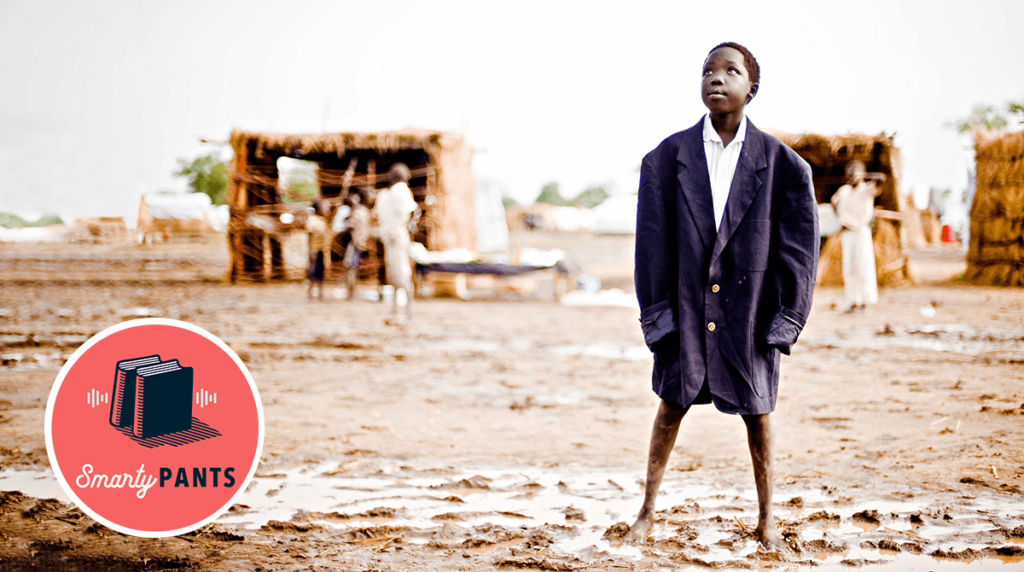What Makes a Refugee?
A writer explores how displaced people, and adopted countries, should respond to the highest levels of displacement on record

The United States has an uneven record when it comes to refugees. It infamously refused to accept a boatload of Jewish refugees fleeing the Holocaust; at other times, it took in huge numbers of refugees from all over the world. As recently as 1980, we admitted more than 200,000 people. But that number has plummeted to its lowest level in 40 years: in 2018, only 22,491 people were permitted to resettle here, less than half the number admitted the year before. Why do we treat refugees differently today? Why do we distinguish between refugees and immigrants? These are some of the questions at the heart of Dina Nayeri’s new book, The Ungrateful Refugee. Dina and her family fled Iran as refugees in 1989, first landing in Italy, and later in Oklahoma, before continuing her nomadic journey across the world. On the podcast, Dina shares her own story and those of others to reveal “what immigrants never tell you”: that being a refugee is painfully disorienting and excruciatingly boring—and it mostly involves waiting around for the chance to tell a government official the right story in the right way.
Go beyond the episode:
- Dina Nayeri’s The Ungrateful Refugee
- Read a long excerpt in The Guardian
- UNHCR, the UN Refugee Agency, has figures on current numbers of internally displaced people, refugees, and asylum-seekers (and explains the difference between these categories)
Tune in every week to catch interviews with the liveliest voices from literature, the arts, sciences, history, and public affairs; reports on cutting-edge works in progress; long-form narratives; and compelling excerpts from new books. Hosted by Stephanie Bastek. Follow us on Twitter @TheAmScho or on Facebook.
Subscribe: iTunes • Feedburner • Stitcher • Google Play • Acast
Download the audio here (right click to “save link as …”)
Have suggestions for projects you’d like us to catch up on, or writers you want to hear from? Send us a note: podcast [at] theamericanscholar [dot] org. And rate us on iTunes! Our theme music was composed by Nathan Prillaman.

